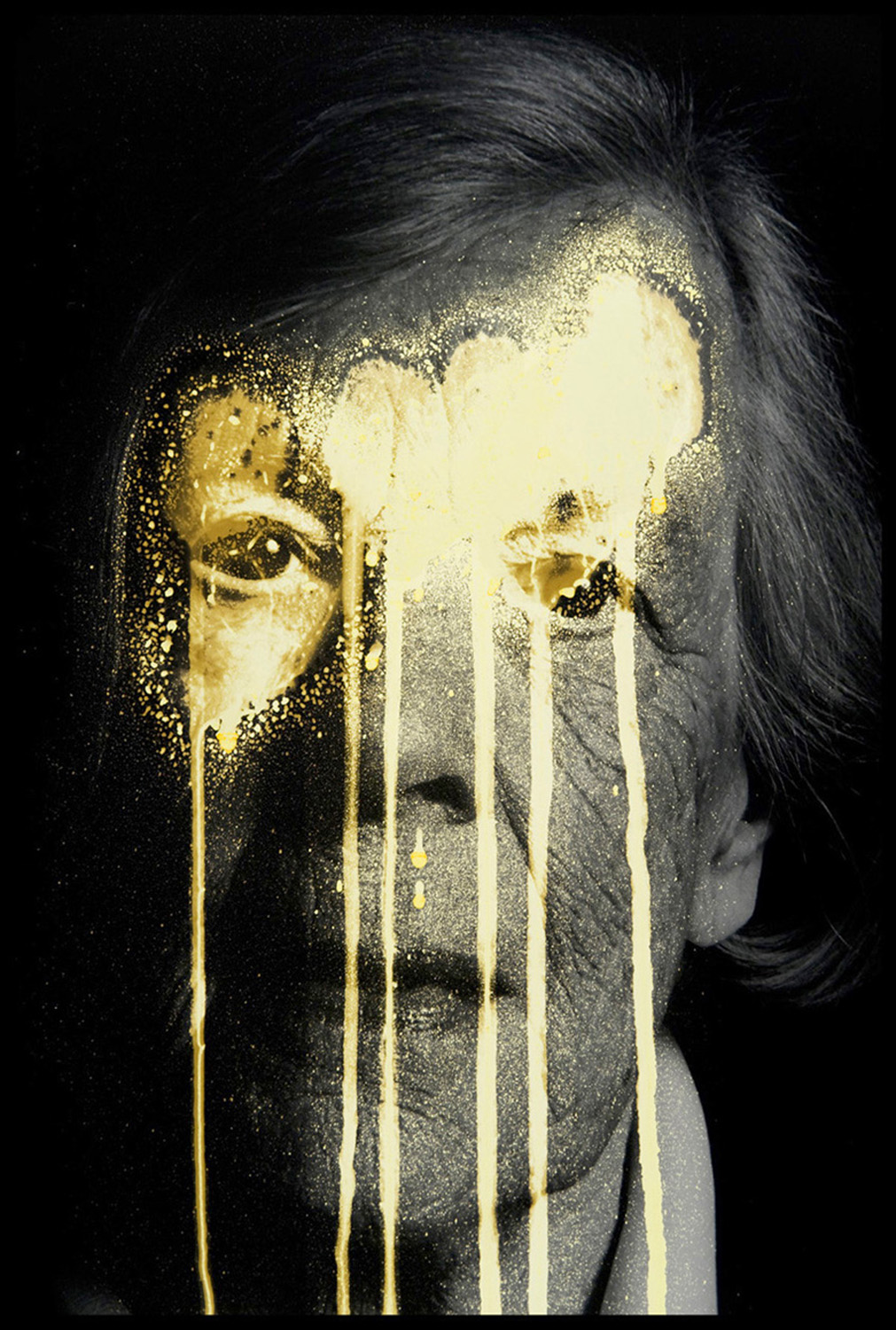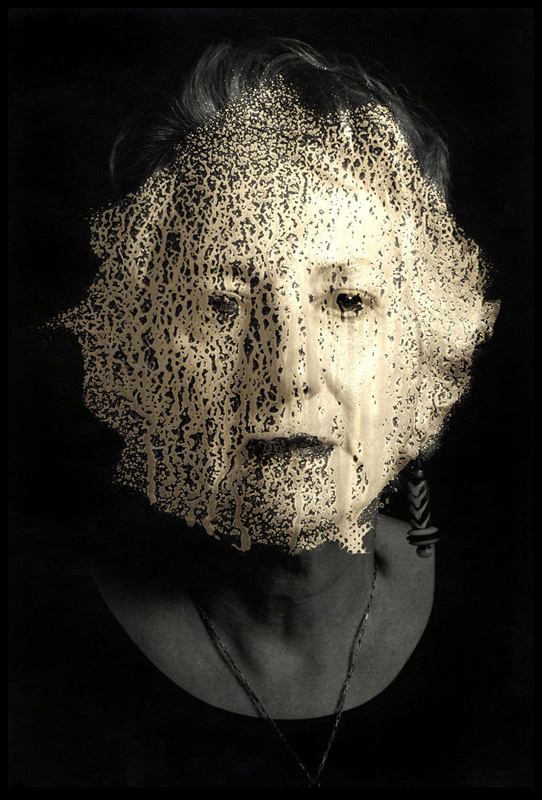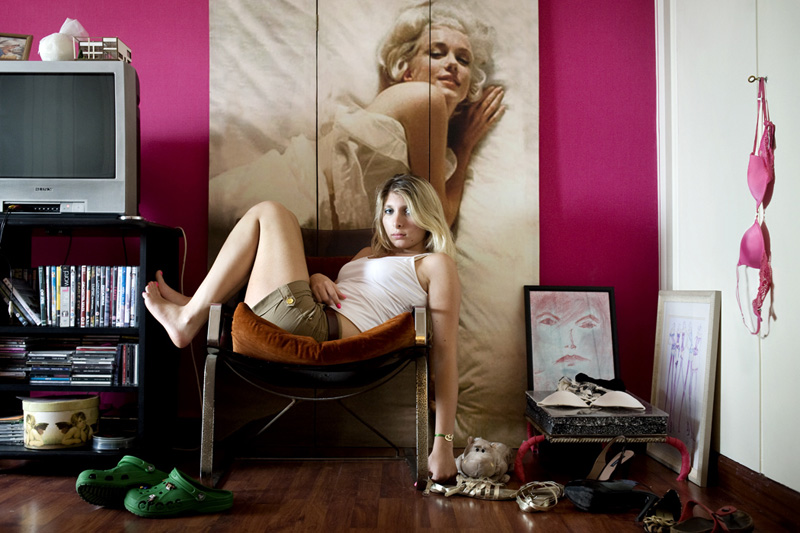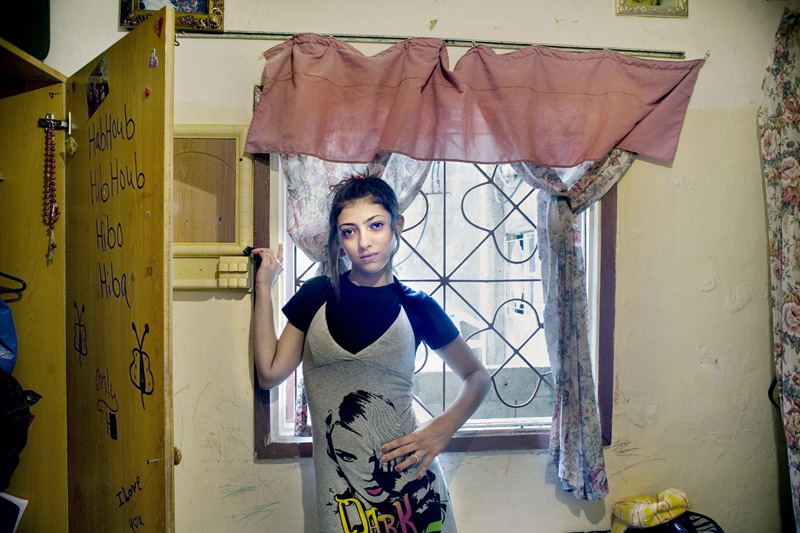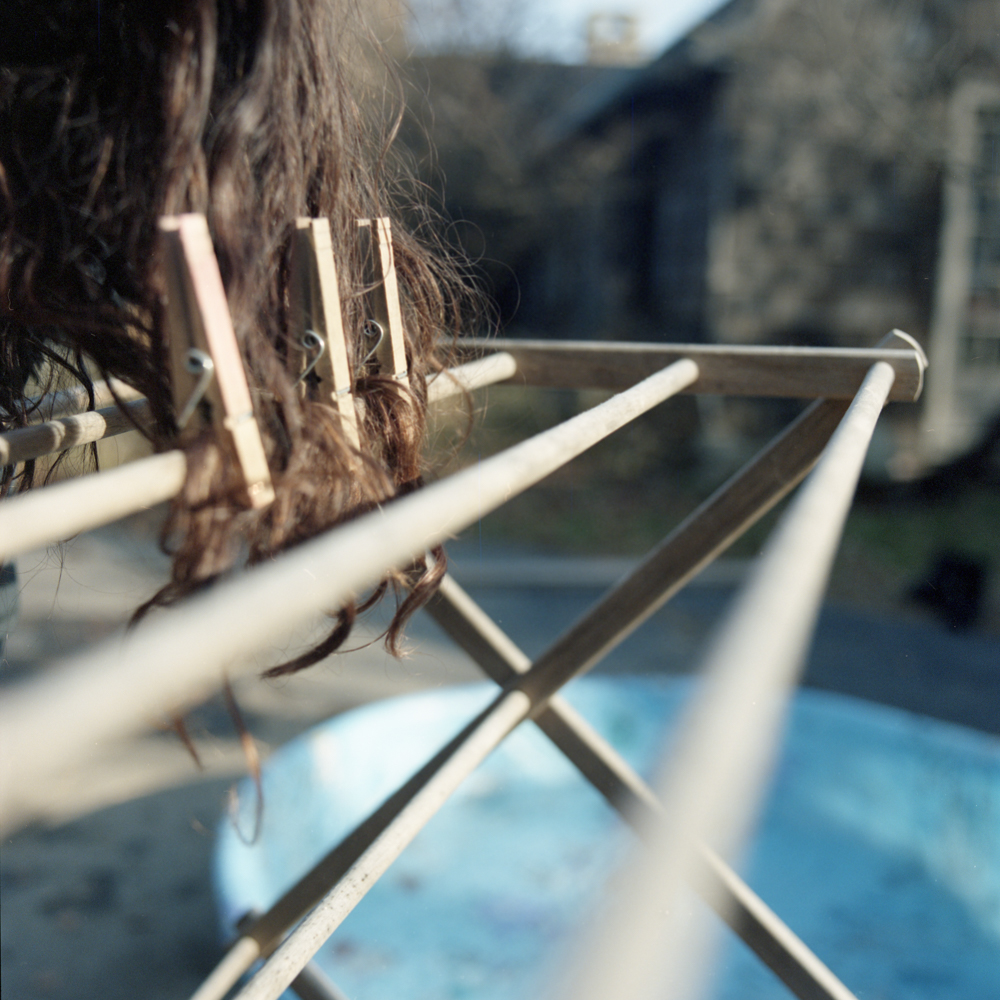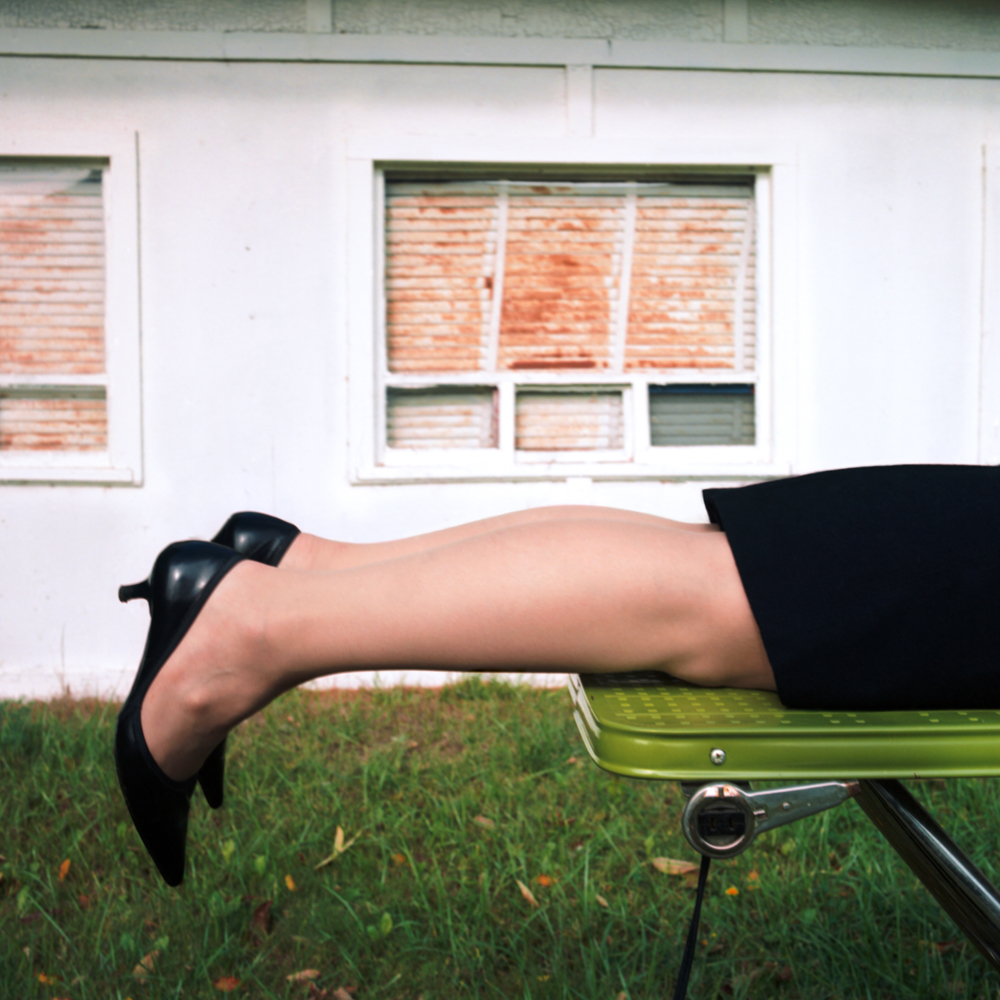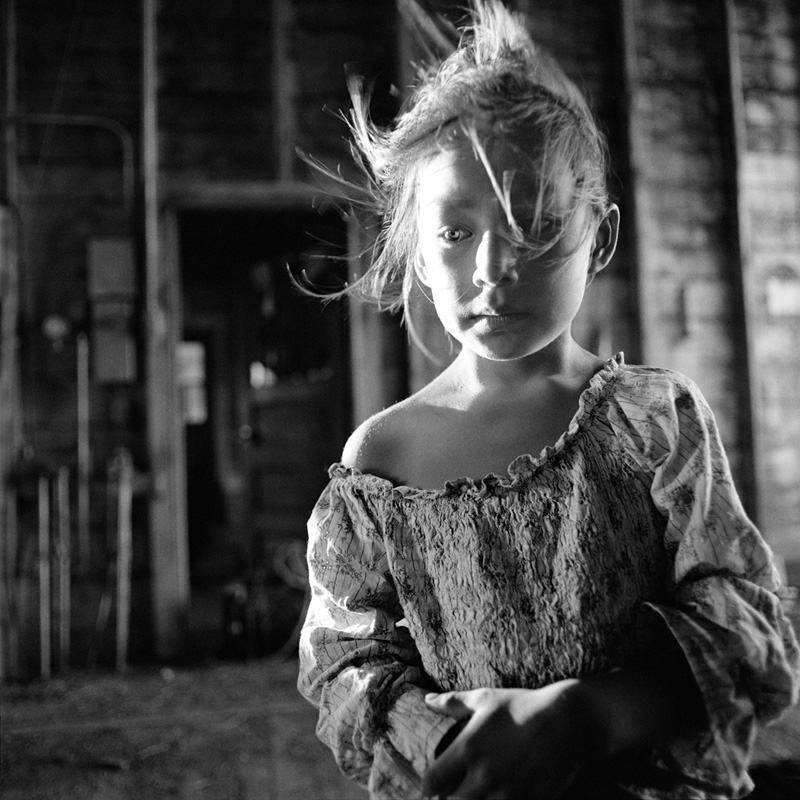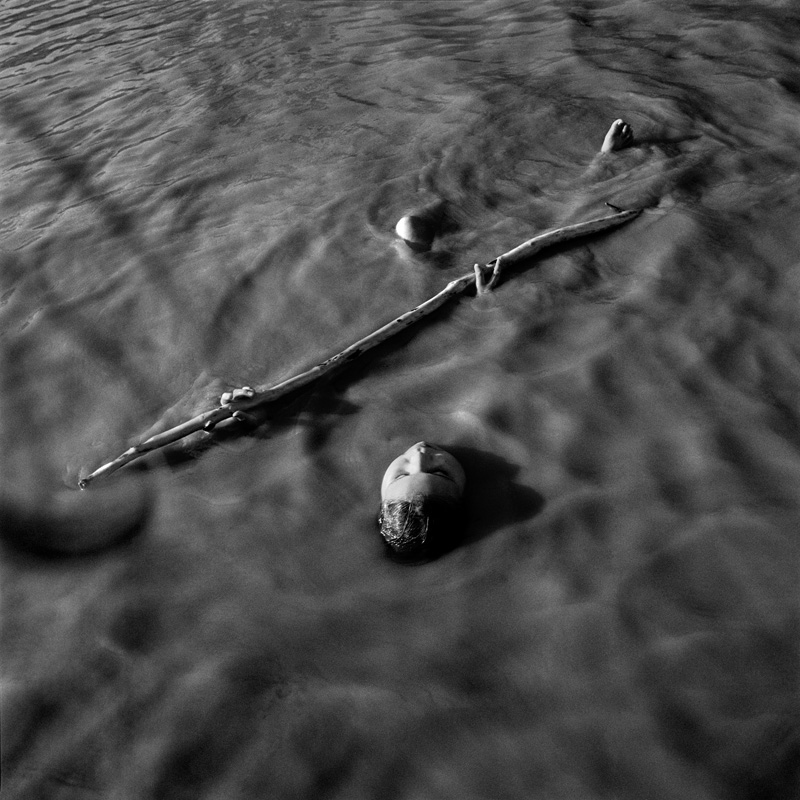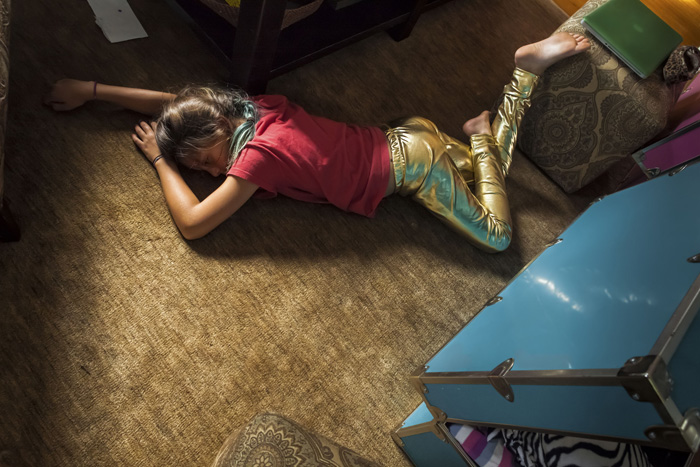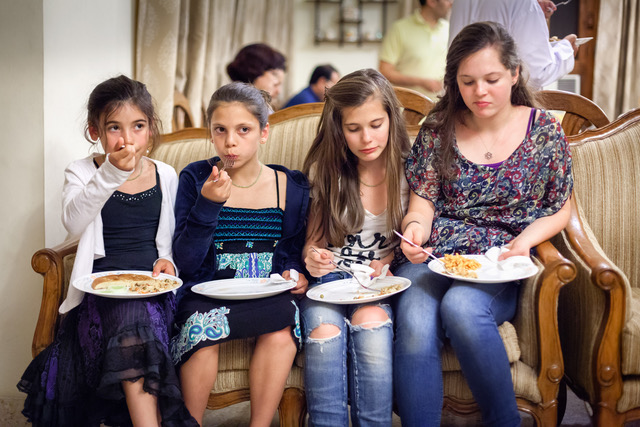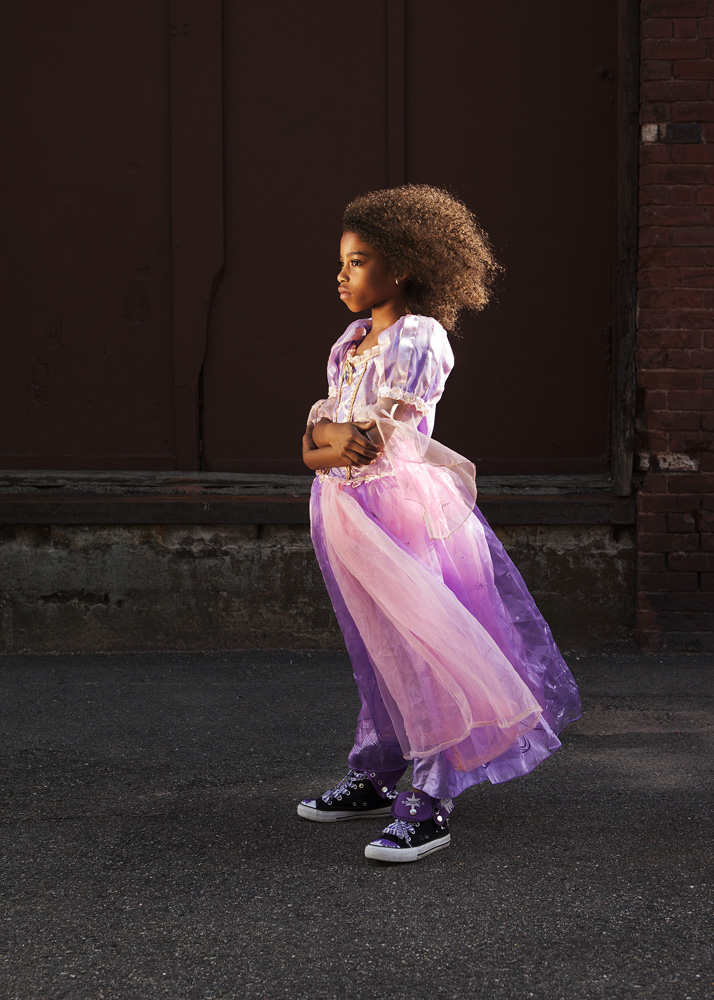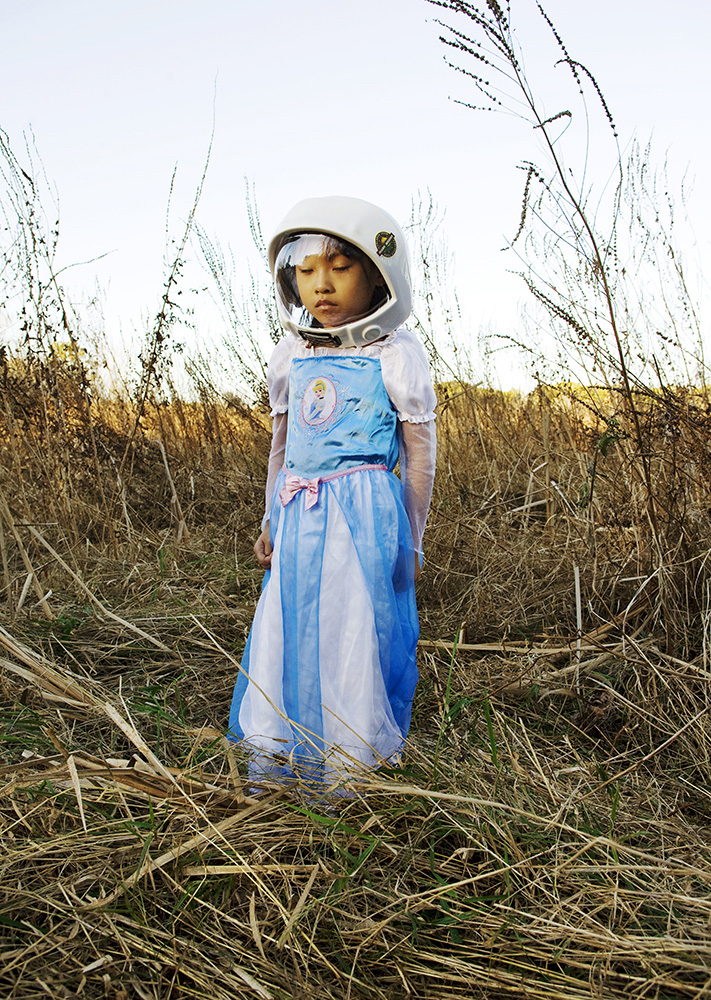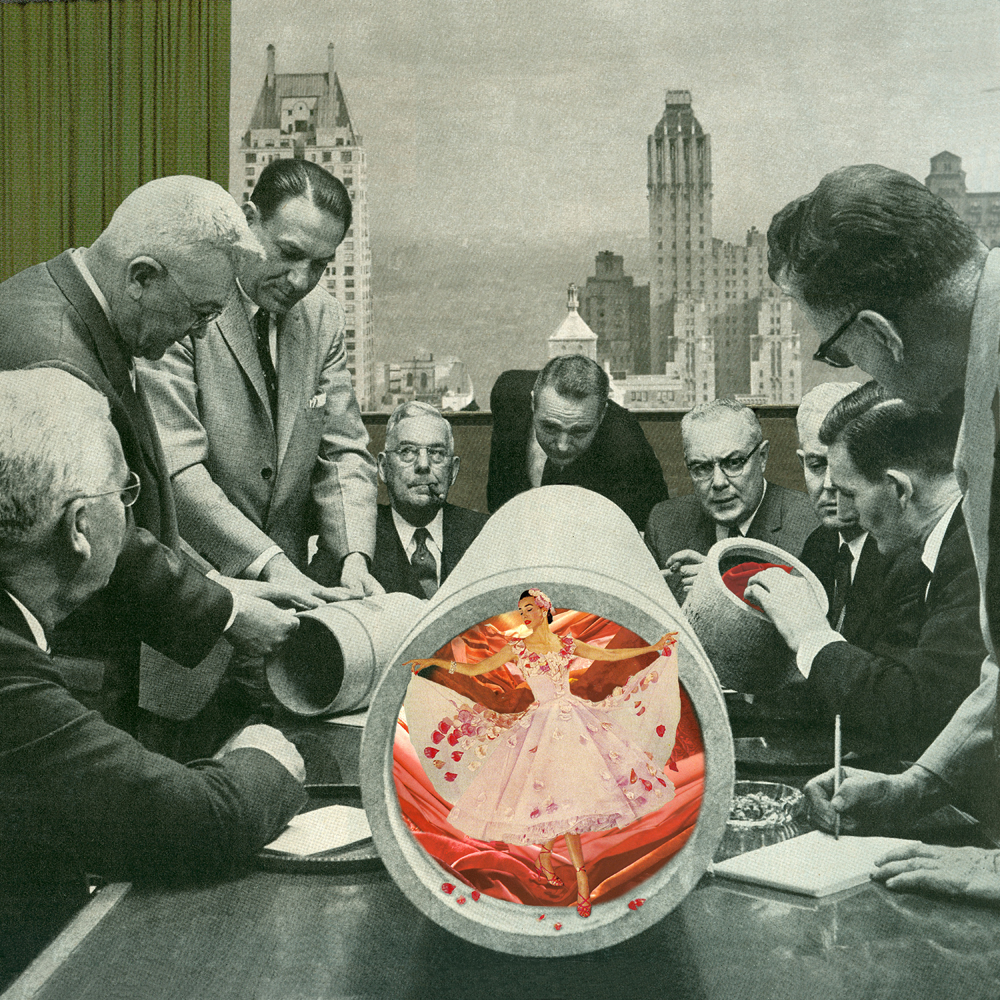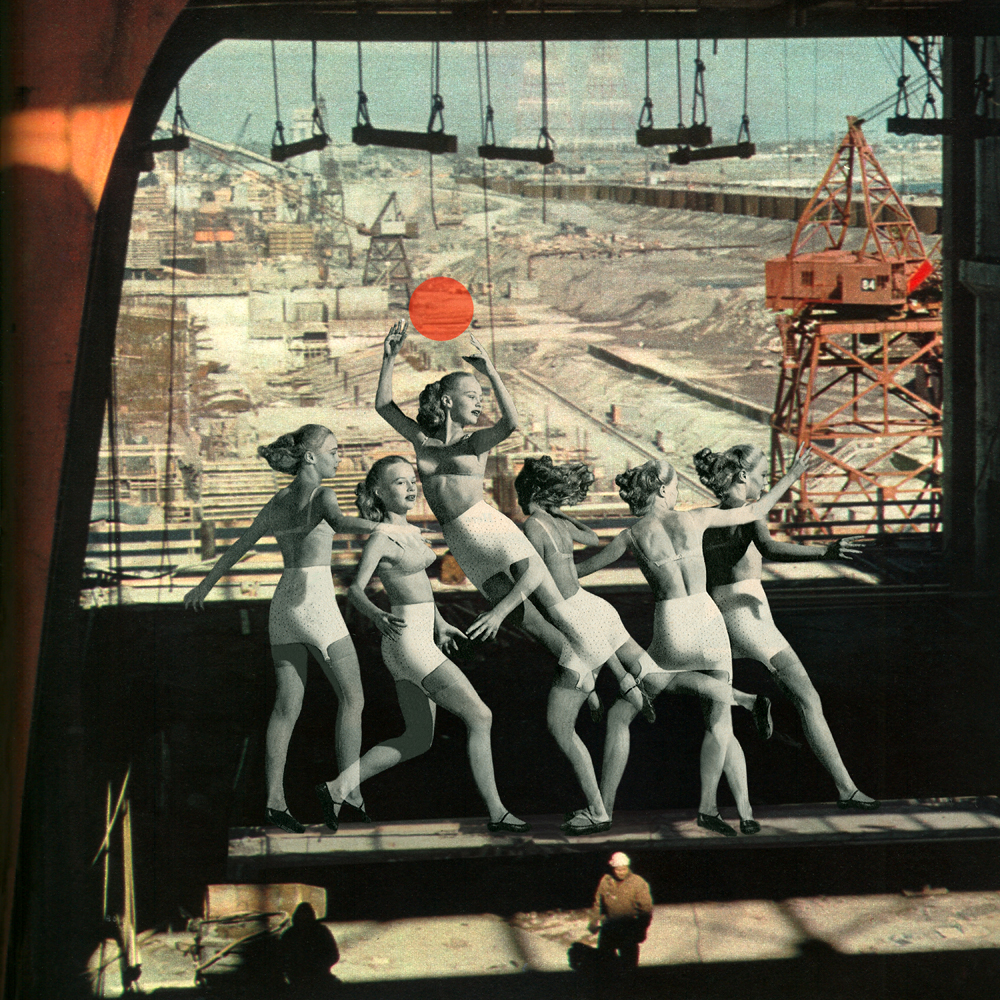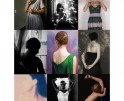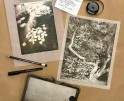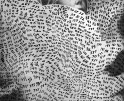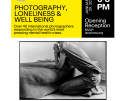Outspoken: Seven Women Photographers
For me, Outspoken is personal. For years, I never said a thing. I kept quiet. I was a “good girl.” The camera gave me my voice, which had been silenced for years. Not anymore. – Curator Marky Kauffmann
We are witnessing great change in our social and political arenas concerning the lives of women. In this remarkable seismic shift of finally having our voices heard, photographer and educator, Marky Kauffmann, has curated the exhibition, Outspoken: Seven Women Photographers, featuring the work of seven women photographers who seek to capture the voices of women and girls. Opening at the Hess Gallery at Pine Manor College, the exhibition will have an opening reception on January 18th, at 7pm and will run through February 28th, 2018. The show includes work by Marky Kauffmann, Rania Matar, Nancy Grace Horton, Emily Schiffer, Tira Kahn, Blake Fitch, and Nadine Boughton.
All of the artists have a personal focus on the female experience, ranging from the poignancy of aging, the humor of domestic life, the revealing intimate spaces of young women, the trying on of adolescence, and the quiet beauty of growing up. The photographers reveal truths about gender, society, and culture.
Marky Kauffmann, a Massachusetts Cultural Council Fellow in Photography, presents provocative large-scale portraits of older women as part of her series titled “Lost Beauty.” These altered faces challenge the viewer to question our cultural obsession with youth and beauty in spite of the inevitable effects of aging.
Rania Matar, a two-time Massachusetts Cultural Council Fellow in Photography, shows large color photographs from her series titled A Girl and Her Room. These intimate portraits capture the passage from girlhood to adulthood in both American and Middle Eastern cultures, focusing on the universality of growing up.
Nancy Grace Horton, a NH Arts Council Grant recipient, displays color photographs that come from her series titled “Ms. Behavior.” In this body of work, Horton investigates female roles influenced by mass media. These humorous and feminist critiques hold a mirror up to society.
My photographs are investigations of female gender roles as influenced by American culture and mass media. This body of work is a 21st century extension of feminist concerns regarding the media’s portrayal of women. More specifically, I am interested in the explicit and implicit power relations that are constructed and maintained by mediatized systems of representation.
Using narrative fragments that confound the conventions of popular culture, I explore the norms of female behavior—and misbehavior. I am inspired by cinema, TV, magazines and personal experiences. My creative process is planned but unscripted. It is exploratory, but with firm goals and boundaries. Props, models (who are often friends), and locations act as catalysts for the development of strong, graphic compositions that suggest fragments of an untold story.
I intend my work to confront the viewer with their hidden preconceptions with regard to women’s constructed roles within society. – Nancy Grace Horton
Emily Schiffer, a Magnum Foundation grant winner and Fulbright Fellow, presents intimate portraits of Native American girls on a Cheyenne reservation in South Dakota. Schiffer says of her subjects, “In these early years, girls express themselves with a frankness and openness that often dissipates in adolescence,” and she tries to capture their “joy, love, and pain.”
In 2005, I founded a photography program for youth on the Cheyenne River reservation in South Dakota, USA. In this ongoing program, my students and I are all subjects of each other’s work.
Our favorite locations are fields and abandoned buildings on the fringe of town, forgotten places thick with the past that lend themselves to imaginary games and textured photographs.
Children have a unique ability to experience love, joy, and pain simultaneously, without compartmentalizing their experiences. I aim to convey this complexity. In these early years, Girls express themselves with a frankness and openness that often dissipates with adolescence. These images explore play as a vehicle through which girls reveal and negotiate their emotions, traumas, and desires. I have chosen to focus on children’s relationships with their environment and with each other, because it is an essential part of life on a reservation that is often overlooked by both residents and outsiders. – Emily Shiffer
Tira Khan, a video producer and photographer at Sugarhouse Media, documents moments of family life. Her candid portraits of her daughters and of others explore the truth of prepubescent lives.
I began photographing my three daughters because I wanted a portrait to hang on my living room wall. I envisioned them freshly bathed, dressed and happy, all at the same time. For me, that was an impossible trifecta. Instead, I began to photograph moments more authentic — when my girls were wrapped in their own thoughts, oblivious to me.
I saw my photographs as a way of studying the girls in their natural habitat, as a journalist might. Not wanting to bother them, I never asked my daughters to stop what they were doing, and they didn’t seem to mind me snapping away. More likely, I was too timid to ask them to pose. Though had I asked, I’m sure they would have refused.
Over the years, people would encourage me to photograph something more important, something that mattered to the external world. But I found myself drawn to these moments when my daughters were introspective — perhaps I thought taking their photo would lead mecloser to their inner world. Children and adolescents have a seriousness about them that we, as a culture, sometimes forget. I paid attention when not much was “going on.”
As the girls aged, I realized that these small moments added up to something much larger — the development of character, personality. Now, as I feel more confident, they are more confident too. We see each other head-on, unapologetic in our flaws. But we are also, at times, more wary. I hope these small moments — witnessed in these photos — show personal growth, enabling them to interact with the world beyond home and family.
As Susan Sontag says: “Photographs are really experiences captured.” I feel like these photos captured early family life and who they have become. The childhood “magic” has morphed into teen melodrama and more. It’s now a different kind of energy. We grew up together. – Tira Kahn
Blake Fitch, a Fulbright Fellowship Finalist, displays images from her Dress Rehearsal series, which provide a glimpse of young girls – powerful, curious, defiant.
Dress Rehearsal examines a contemporary rite of passage when young girls immerse themselves in all-things princess. These photographs are quiet constructions of girls dressing up as princesses and “trying on” femininity for the first time. Additionally, these photographs capture the girls’ exposure to various aspects of gender indoctrination and how they embrace a budding sense of power and strength. These surprisingly sophisticated young girls, excited and empowered by wearing princess outfits, expand the traditional notion of girlhood, and , unwittingly emerge as new, modern constructs of the princess warrior. – Blake Fitch
Nadine Boughton images, from her “Fortune and the Feminine” series, deconstruct mid-century advertising and its messages about gender, power, beauty, and longing. Boughton is a four-time “Top 50” Finalist in Photolucida’s Critical Mass competition.
In Fortune and the Feminine, my focus is on gender polarities as depicted in popular magazines of the 1950’s and early 1960’s.
Fortune magazine depicted (and still does) men’s world of wealth, industry and big ideas. Its advertisements were awash with imagery of invention and executives’ glamour. Women’s magazines centered on the home with all its flowing fabrics, sensuality and a dreamy interiority.
My intention is to deconstruct these images of mid-century advertising, creating narratives of ambiguity with humor and a dark edge, and revealing some of the different relationships men and women have to power, beauty and longing. The images play with the convergence of interior and exterior domains, abstract ideas and the mystery of the female form.
This series is an homage both to the handsome men in Fortune who look like all the fathers I watched in their big suits and briefcases, carpooling to a foreign land; and to the community of mothers who served egg salad sandwiches on the green lawns of suburbia.- Nadine Boughton
Posts on Lenscratch may not be reproduced without the permission of the Lenscratch staff and the photographer.
Recommended
-
Femina at Gallery 169February 20th, 2026
-
Beyond the Photograph: Editioning Photographic WorkJanuary 24th, 2026
-
Ben Alper: Rome: an accumulation of layers and juxtapositionsJanuary 23rd, 2026
-
Reservoir: Loneliness, Well-Being and Photography, Part 2January 22nd, 2026
-
Reservoir: Loneliness, Well-Being and PhotographyJanuary 21st, 2026

